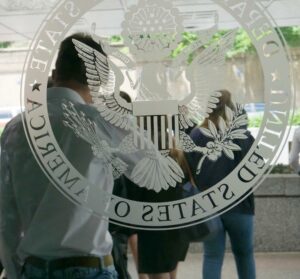
The Reformer’s View?
On April 27 the Department of State announced a fundamental change to its process for selecting new career Foreign Service Officers. Where candidates have long had to pass the written Foreign Service Test for consideration, that test would now be one of a number of considerations that would be considered by a panel. Exact criteria and explicit objectives for the panel to follow were not announced. The new process would take effect for the June application cycle.
It is hard to discern exact motives for this change. Those who noticed did not generally hold a strong brief for the old test, but noted its original intent to promote professionalism. Few see particular merit in the new process as announced. One comment suggested using the old test to screen politically appointed ambassadors. While few wanted to say so, one media outlet did cast the change as a diversity promotion move. The possibility for polarized politics to dominate any consideration of new processes certainly exists, whatever the exact motives behind the change.
The change is a case of carts before horses. Particularly for a people-based function such as the conduct of diplomacy, new personnel should be suited to the demands of the function. Those demands should follow from an institutional understanding of what, in this case, diplomacy is and how it should work. Traditional ambassadors knew their kings personally, and even in the post-industrial age any permanent official representative of a sovereign should know that sovereign intimately, to represent it and provide counsel. America’s is the people, defined in the Declaration of Independence as “we” who hold certain “self-evident” truths. U.S. diplomats need an engrained sense for, and clear fluency in, that identity and its nuances, first inculcated as a pillar of their professional formation.
The Department of State needs to ascertain its institutional character, so that any formative process or intake process create a body of diplomats who know their fundamental mission. A two-paragraph announcement on short notice that changes something as significant as the selection process might well signal that other basic functions might also undergo far-reaching, summarily-declared, overhaul. The Department of State could end up remaking itself from the ground up without naming its mission and with no deliberation in public discourse. Someone needs to ask that first question.